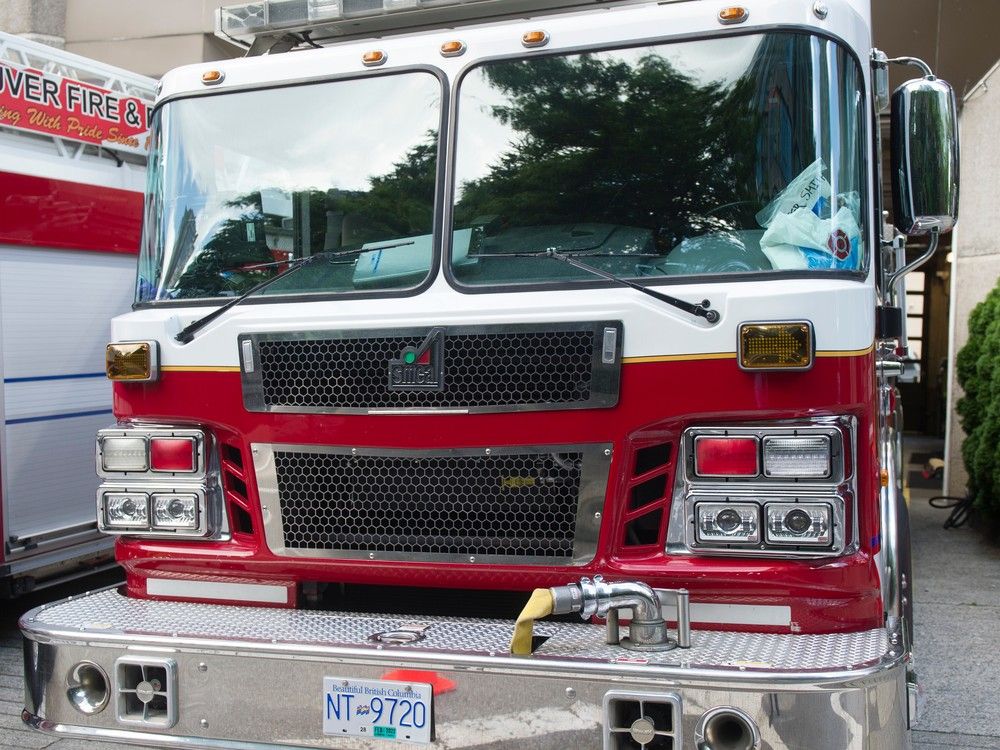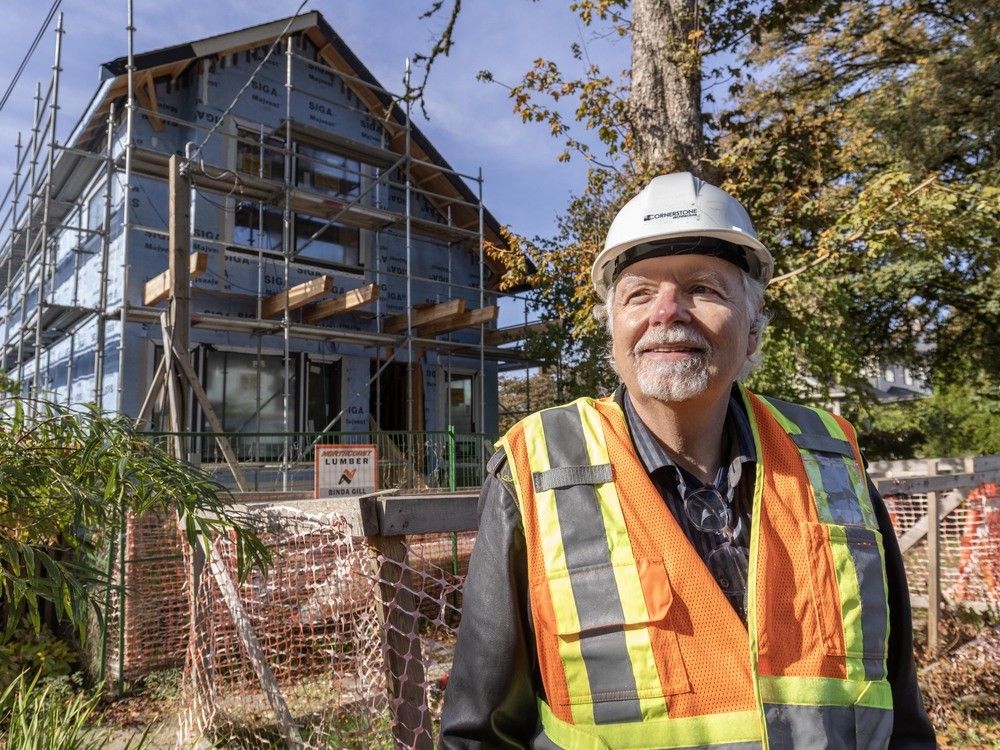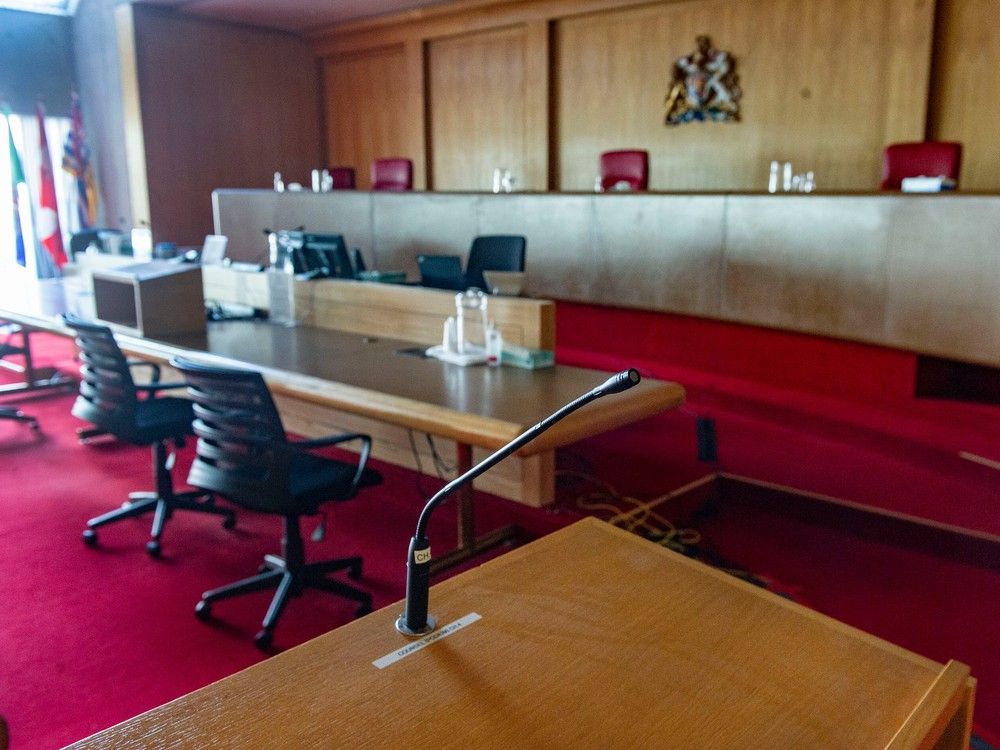On the heels of several cyclist deaths in Ottawa and an increase in frustrated driver behaviour since the return-to-office initiative, it’s particularly bad timing.
Published Oct 17, 2024 • Last updated 0 minutes ago • 3 minute read

A potential new law that would send some city-planned bike lanes to Premier Doug Ford’s minister of transportation for approval is bad news for everyone who needs to get from point A to point B in Ottawa. The law undermines good transportation planning, and many are concerned it will make it more difficult to build bike infrastructure that can reduce the number of deaths and catastrophic injuries on our roads.
Advertisement 2
THIS CONTENT IS RESERVED FOR SUBSCRIBERS ONLY
Subscribe now to read the latest news in your city and across Canada.
- Exclusive articles from Elizabeth Payne, David Pugliese, Andrew Duffy, Bruce Deachman and others. Plus, food reviews and event listings in the weekly newsletter, Ottawa, Out of Office.
- Unlimited online access to Ottawa Citizen and 15 news sites with one account.
- Ottawa Citizen ePaper, an electronic replica of the print edition to view on any device, share and comment on.
- Daily puzzles, including the New York Times Crossword.
- Support local journalism.
SUBSCRIBE TO UNLOCK MORE ARTICLES
Subscribe now to read the latest news in your city and across Canada.
- Exclusive articles from Elizabeth Payne, David Pugliese, Andrew Duffy, Bruce Deachman and others. Plus, food reviews and event listings in the weekly newsletter, Ottawa, Out of Office.
- Unlimited online access to Ottawa Citizen and 15 news sites with one account.
- Ottawa Citizen ePaper, an electronic replica of the print edition to view on any device, share and comment on.
- Daily puzzles, including the New York Times Crossword.
- Support local journalism.
REGISTER / SIGN IN TO UNLOCK MORE ARTICLES
Create an account or sign in to continue with your reading experience.
- Access articles from across Canada with one account.
- Share your thoughts and join the conversation in the comments.
- Enjoy additional articles per month.
- Get email updates from your favourite authors.
THIS ARTICLE IS FREE TO READ REGISTER TO UNLOCK.
Create an account or sign in to continue with your reading experience.
- Access articles from across Canada with one account
- Share your thoughts and join the conversation in the comments
- Enjoy additional articles per month
- Get email updates from your favourite authors
Sign In or Create an Account
or
Article content
On the heels of several cyclist deaths in Ottawa and a noticeable increase in frustrated driver behaviour since the return-to-office initiative, it’s particularly bad timing for Queen’s Park to start picking on people who bike to score political points.
If the law passes, bike lanes that replace a motor vehicle lane will have to be approved by Queen’s Park. Ford’s government is reacting to perceptions that bike lanes are causing congestion despite evidence that the real culprit behind traffic jams is as simple as too many cars on the road. As Ottawa grows, congestion is only going to get worse and we are going to have to rely increasingly on more residents choosing cycling and transit to avoid gridlock.
Bike lanes are part of that solution to congestion. Where they’re built is part of a comprehensive Transportation Master Plan that is the result of extensive consultation with residents and an intensive effort to gather data on how residents move around. That planning exercise is expensive, lengthy, exhaustive and transparent.
By contrast, it’s tough to imagine how the provincial minister of transportation can possibly arrive at coherent network planning decisions in the absence of a similarly comprehensive review. There is a reason local transportation decisions are made by local officials informed by local knowledge and in consultation with local residents.
Advertisement 3
Article content
As the Association of Municipalities of Ontario has written in reaction to the government’s announcement: “It is unclear how the Ministry of Transportation will be in a better position than municipalities to make decisions about local transportation matters.” Precisely.
Recently, volunteers and I did a traffic count at the corner of Bay Street and Laurier Avenue. From 7:30 to 8:30 am on a busy Wednesday morning in September, 42 per cent of the 826 “vehicles” we counted were bikes. Traffic flow would have been much more challenging if those cyclists had driven their cars instead. Segregation between cyclists, pedestrians and motor vehicles gave everyone their own space to efficiently share the right-of-way for smooth traffic flow.
Those cyclists didn’t appear from thin air. Regular users of the Laurier bike lane have seen steadily increasing numbers of bikes as safe cycling infrastructure has been expanded east, west and south. Freed of the need to share busy streets with drivers, more residents are choosing to cycle, knowing they can do so safely and without the pressure of traffic. That’s good for drivers battling congestion.
Advertisement 4
Article content
We’ve all been stuck in traffic on Ottawa’s busy arteries with no bicycle infrastructure in sight. Neither residents nor Queen’s Park can blame cyclists for congestion on Parkdale Avenue or Merivale Road. Our job as council is to think of the bigger picture — how the whole network works — even as we focus on the hyper-local. That’s a task no politician in Toronto is equipped to take on. Had the provincial government consulted with us, we could have told it that; but it didn’t.
Funding transit and incentives to put more affordable housing closer to employment centres, post-secondary institutions and shopping areas would be great ways for the province to help cities battle congestion. Creating red tape and putting barriers in the way of good local transportation planning is not.
Ford’s bike lane legislation is cynical and trades in perceptions that are easily manipulated for political gain. Our kids will pay the price as cities in Ontario become more traffic-choked when they’re ready to start navigating it with their own families. In the meantime, for each bike lane that’s blocked, more cyclists will be hurt and die on our streets.
Jeff Leiper is the Ottawa city councillor Kitchissippi ward. He chairs the city’s planning and housing committee.
Recommended from Editorial
-

Smith and Benoit: Electric cargo bikes could transform transportation in Ottawa
-

New Ottawa bike lockers protect cyclists from theft: Here's what you need to know
Article content
.png)
 4 days ago
13
4 days ago
13




































 Bengali (BD) ·
Bengali (BD) ·  English (US) ·
English (US) ·